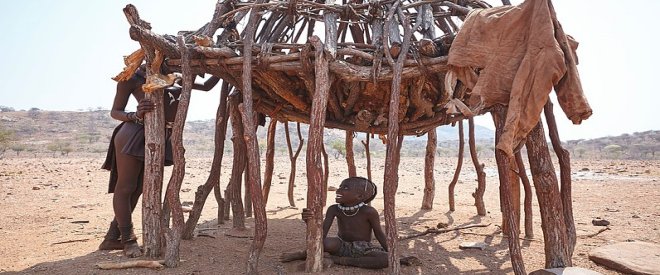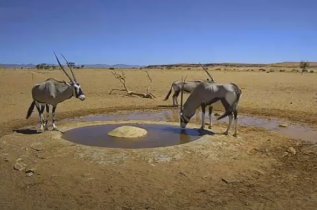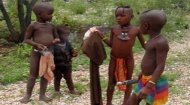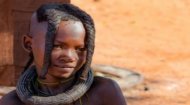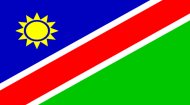|
|
Namibia Profile |
Namibia Profile |
Namibia Profile | Namibia Profile |
These articles about Namibia are part of our About Africa information series for volunteers. More here!
More >
|
|

 While Namibia may have escaped the clutches of the Germans, it fared little better with its new masters, for those familiar with South African history will know that at that time it was ruled by whites and its apartheid policy was extended to Namibia in 1948. This and other authoritarian South African laws led to general unrest and the nationalist South-West Africa People's Organization (SWAPO) started a guerrilla war against South Africa that lasted from 1966 to 1990 when on 21st March, Namibia became an independent nation as the Republic of Namibia, adopting "Namibia, Land of the Brave" as its national anthem. Today Namibia is considered a stable democracy however, like so many African nations, faces many problems not least the steady proliferation of HIV/AIDS which is estimated to have left 70,000 orphans, about half the 140,000 orphans in the country. Many of these children end up on the streets, begging for money and food to survive and many of them sleep in little shacks, in river beds or under bridges. It is hard to imagine bring brought up in a country where 17.5% of the entire child population is an orphan and where life expectancy is just 65.47 years (2025). 19.7% of the population live under the poverty line. It will sound strange, but one factor disadvantaging children in Namibia is the lack of any birth certificate for, without such a document, children cannot prove their nationality and identity and therefore become more at risk of trafficking with the practice a well known problem in Namibia and, whilst outlawed, is rarely enforced and records do not appear to be kept. The reason some 40% of newborns don't have a birth certificate is partly due to the custom of the father's family naming the child, which can take place some time after the child has left hospital where today 80% of Namibian children are now born in hospital. The problem is even more widespread within ethnic groups such as the San, a nomadic group who will often sign documents with their thumb print causing difficulty in proving any child is theirs. Namibia is in 136th place out of 193 countries and territories in 2025 when ranked in terms of life expectancy, literacy, access to knowledge and the living standards of a country. |
